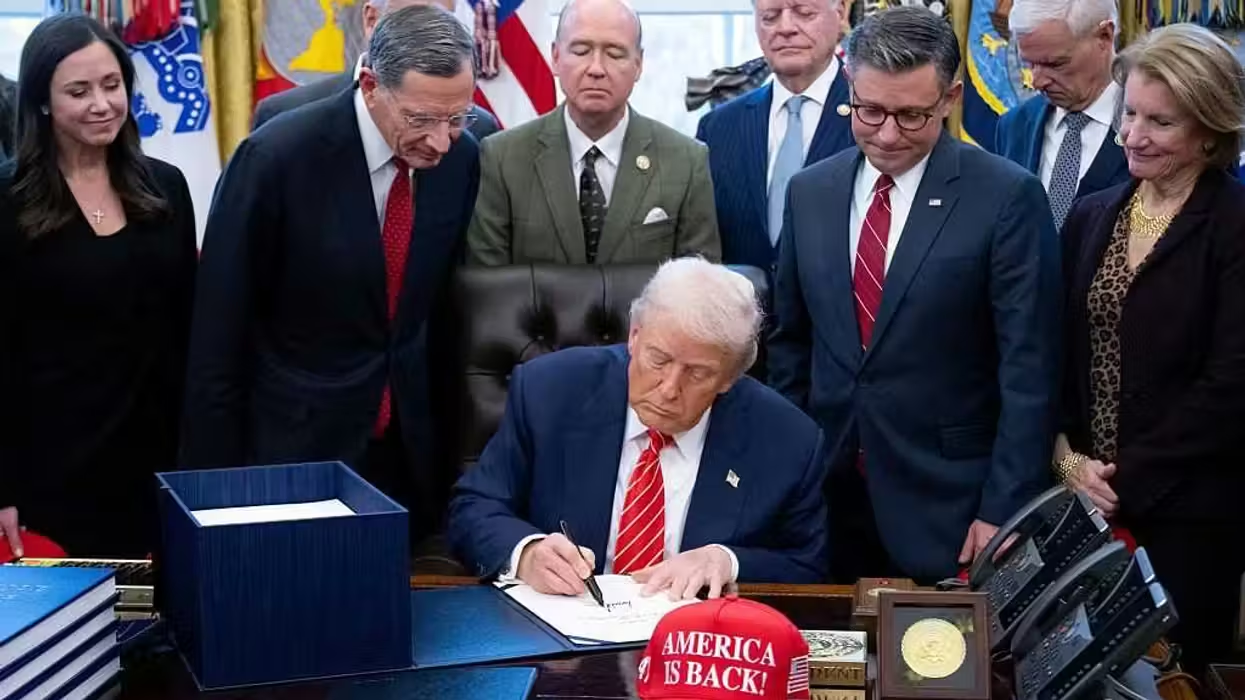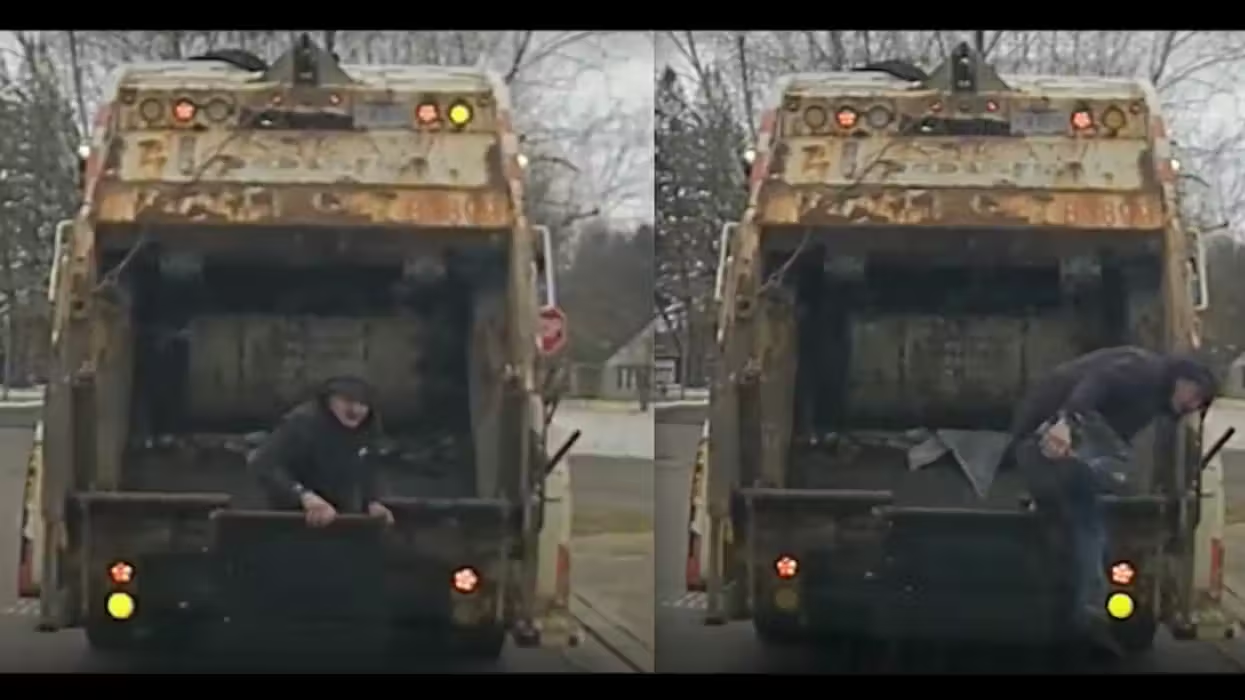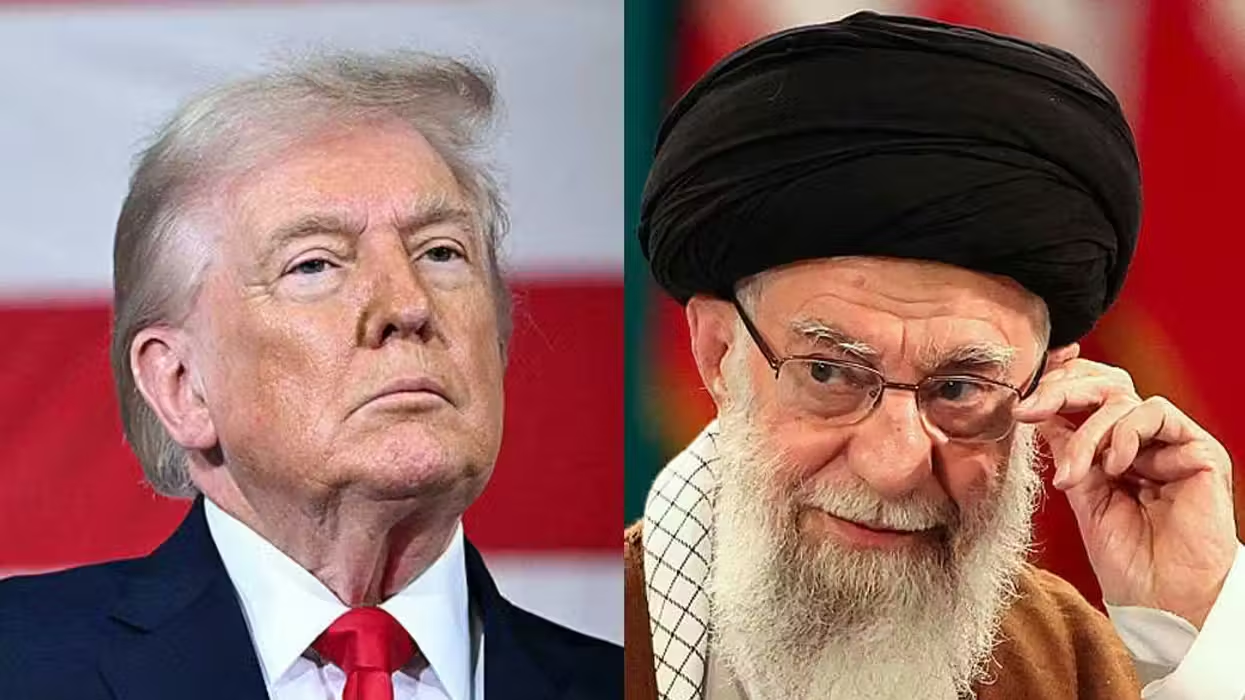If a Secret Service agent were to tell you that candidate Obama or President George W. Bush have attended events in a post-9/11 era in which magnetometer screening was waived because of overflow crowds, would this shock you?
What if said agent were to note that when Vice President Biden threw out a first pitch at the Baltimore Orioles season opener in April of 2009 before 48,607 fans, literally none of them had been screened with magnetometers, while Biden himself was not wearing a bulletproof vest?
 (Image Source: Mark Knoller)
(Image Source: Mark Knoller)
Author Ronald Kessler alleges these stories and many more in his new book, "The First Family Detail: Secret Service Agents Reveal the Hidden Lives of the Presidents" -- allegations which if true will leave readers to marvel at how our nation's most senior political leaders have remained safe to date.
In a chapter of Kessler's book titled "Corner Cutting," Kessler describes the aforementioned waived magnetometer screenings, and goes on to cite a question and answer session with Nicholas Trotta, former head of the Secret Service Office of Protective Operations that is likely to leave readers astounded.
Kessler writes:
When confronted with examples of corner cutting, Secret Service takes a dismissive, blasé attitude...[Nicholas Trotta] talks about lessons learned from previous assassinations and assassination attempts. After the attempt on President Reagan's life, "we expanded our use of the magnetometers." Now, he says, "everyone goes through the magnetometer."
Often, just seeing a magnetometer in use is a deterrent, Trotta notes. But what about instances when the Secret Service buckles under pressure from campaign personnel or White House staff to let people into events without being screened?
"When we have a crowd of seventy thousand people, we may or may not need to put all those people through magnetometers," Trotta says. "Because some of those people in certain areas might not have a line-of-sight threat that can harm the protectee."
But what if an assassination occurred because someone was not screened? Trotta looks uncomfortable. Still, he plows on ahead, saying a lot of factors come into play.
"The president can go to a sports area or stadium and may stay in a box," Trotta says. "Let's say if he's on the third base side up in a box, the people on the first base side, center field, they might not be the threat. But the people around him may be the threat. So now we screen that area, and the critical part is to make sure there's no handoff, so you have a dead space that is secure."
[instory-book ISBN="9780804139212"]
Kessler then cites an assassination attempt on President George W. Bush in 2005, in which a live grenade was thrown within one hundred feet of the president at an event in Tbilisi, Georgia by a man who was never screened by magnetometer.
When asked about Trotta's responses to Kessler's queries, Kessler says "Secret Service agents cannot believe he said what he did indeed say."
"I was in absolute shock regarding his comment about the mags [magnetometers] closing down and potential attackers being too far away to cause any problems," says an agent on one of the two major protective details. Imagine, the agent says, if three or four suicide assassins came in with guns firing.
"Saying not everyone in a seventy-thousand-person event is close enough to shoot the protectee is an amazing answer," says another agent on one of the major protective details. "I'm embarrassed that an assistant director would give you that answer."
Danny Defenbaugh, a former FBI agent who publicly criticized the Secret Service's decision to stop magnetometer screening at an Obama campaign event in Dallas, notes that word can quickly spread that the agency engages in such lax practices.
"The people who want to assassinate the president will watch and look for the Secret Service to close down the magnetometers before an event starts," he says.
Indeed the issues with magnetometers represent just one of the damning allegations from Kessler's book with respect to the ability of the Secret Service to carry out its core mission. Kessler summarizes a number of his key allegations as follows:
[sharequote align="center"][F]ew past government scandals are comparable because so much is at stake.[/sharequote]
To let people into events without magnetometer screening, to scrimp on magnetometers to the point where Mitt Romney felt forced to deliver campaign speeches to unscreened crowds in [overflow] parking lots, to bow to Joe Biden's wishes to be without the nuclear football or adequate protection in Delaware, to divert agents from protecting the president [President Obama specifically] when he takes off in Marine One from the White House so they can protect the Secret Service director's assistant, to allow Bradley Cooper's vehicle into a secure restricted area without screening before Obama was to give a speech, and to disregard firearms requalification are each so egregious that few past government scandals are comparable because so much is at stake.
Excluded from his list among other notable stories are the recent Colombia Secret Service prostitution scandal, allegations that some Secret Service agents are in such poor physical condition that they are unable to "even do a sit-up" due to a lack of frequent physical training tests, and that the Secret Service pads its arrest totals by counting local arrests in its annual numbers.
Kessler argues that such problems manifest themselves as a result of a Secret Service that bows to political pressure from White House staff over security protocols, a poor Secret Service management culture that seeks to whitewash events and punish subordinate employees while promoting dithering managers, and a lack of sufficient funding, all of which result in an overworked and out of shape Secret Service with insufficient internal controls.
As Kessler ends his book:
"We don't have enough people or the equipment to do protection the way they advertise they do," a veteran agent says. "And how we have not had an incident up to this point is truly amazing--a miracle."
Note: The links to the book in this post will give you an option to elect to donate a percentage of the proceeds from the sale to a charity of your choice. Mercury One, the charity founded by TheBlaze’s Glenn Beck, is one of the options. Donations to Mercury One go towards efforts such as disaster relief, support for education, support for Israel and support for veterans and our military. You can read more about Amazon Smile and Mercury One here.
–
Follow Ben Weingarten (@bhweingarten) and TheBlazeBooks on Twitter and Facebook.

 (Image Source: Mark Knoller)
(Image Source: Mark Knoller)






